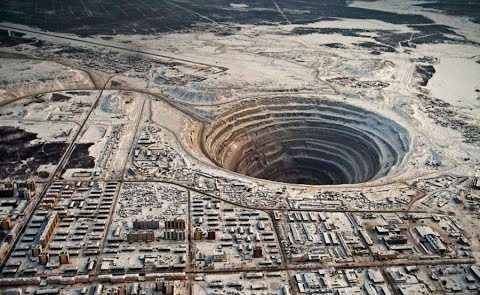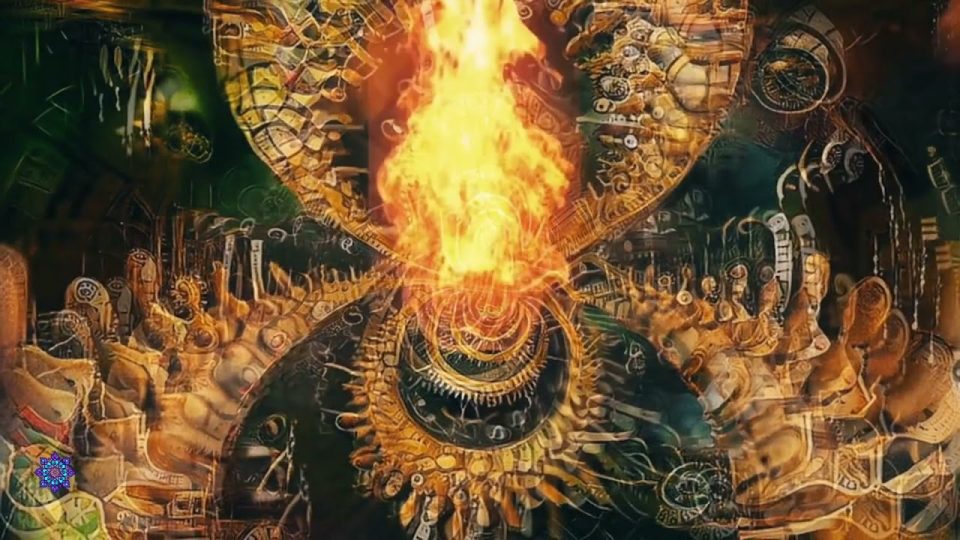The French Revolution was a significant event that fundamentally changed the political, social, and cultural landscape of France, and its impact reverberated throughout Europe and beyond. The causes of the French Revolution were complex and multifaceted, but they can be broadly categorized into three categories: political, economic, and social. Politically, the French monarchy was highly centralized, autocratic, and corrupt, with the king and nobility enjoying absolute power and privilege, while the rest of the population had little to no say in government affairs. This led to widespread discontent and resentment among the common people, who felt oppressed and marginalized. Economically, France was in a state of crisis, with the government heavily in debt due to its costly wars and extravagance. The tax burden fell disproportionately on the poor and middle classes, while the wealthy were largely exempt. Socially, the French society was highly divided and hierarchical, with rigid class distinctions and limited social mobility. The poor were often subjected to severe poverty, while the nobility lived in luxury and extravagance.
These factors led to widespread social unrest and revolutionary fervor, which culminated in the French Revolution of 1789. The Revolution began with the storming of the Bastille, a symbol of the monarchy’s oppressive power, and quickly spread throughout France. The Revolutionaries called for liberty, equality, and fraternity, and sought to overthrow the monarchy and establish a democratic republic.
The Revolution had a profound impact on France and Europe as a whole. In France, it led to the overthrow of the monarchy, the establishment of a democratic republic, and a period of intense political turmoil, marked by factionalism, violence, and repression. The Revolution also saw the rise of Napoleon Bonaparte, who emerged as a powerful military leader and would go on to reshape Europe through his conquests and reforms.
The Revolution also had significant implications for Europe as a whole. It inspired similar revolutionary movements in other countries, such as Belgium, Italy, and Poland, and helped to establish the ideals of democracy, liberalism, and nationalism as central to European politics. However, it also led to a period of prolonged conflict and instability, as France became embroiled in a series of wars against its neighbors and sought to export its revolutionary ideals.
Overall, the French Revolution was a pivotal moment in French and European history, one that marked a turning point in the struggle for political and social reform, and helped to shape the modern world we live in today.












